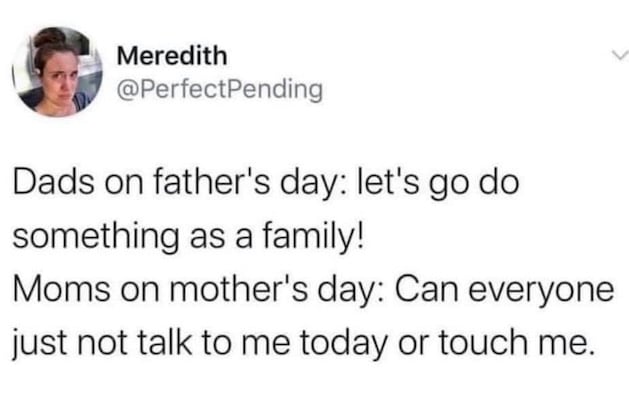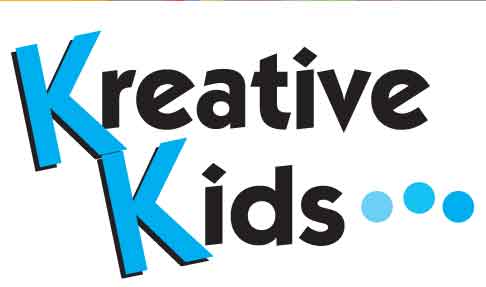Get the Best Winter Activities
Walking It Off
For Martha Bentley of the Lower East Side, her son's weight problem occurred from a matter of convenience. "I work up to 10 hours a day and when I get home, I'm tired. So I began doing things for convenience, like ordering pizza and filling up Mark's lunchbox with bags of chips and cookies to throw in with a sandwich. They were easy to grab in the morning. Mark was very slim throughout the second grade, even though he ate all the junk food. But I noticed last year that he began growing out of all his pants faster than usual." Mark is in the third grade and now wears a size 12 in pants and has grown an inch. Just a year ago he wore a size 14. Bentley said she had to make big lifestyle changes to get him healthy, which included cutting down her work hours, preparing healthy meals, and getting him involved in activities. "Mark would come home from school and sit on the couch all afternoon playing video games, but my mother watched him and she was elderly, so my hands were tied. Now I come home earlier and make taking a walk part of our daily routine."
Dr. Gruen agrees that technology and lack of time play a big role in child obesity rates. "Modern life has contributed greatly to the general increase in our children's weight. Children rarely walk anywhere as part of their daily routine (walking to school, to the ballfield...). Sports tend to be structured (as in little league) instead of running to the corner playground with friends after school. This limits real exercise to children who can afford to play, and want to play in an organized fashion. And even for these children, these sessions are also often shorter than when kids went out to play for hours after school as well. Dual income families also often mean children are in after school care programs, or home alone after school, which also limits access to exercise," says Dr. Gruen. She adds, "Modern technology such as cell phones, game stations, computers also encourage stationary entertainments. Recent estimates have suggested that children are spending up to 7 hours a day on technology and TV!"
This inactivity combined with poor quality food choices is a recipe for weight gain. In addition, common ingredients found in many kid's snacks contain high-fructose corn syrup (HFCS), a cheap food and drink additive that contributes to the obesity epidemic. Dr. Gruen explains, "Our digestive system operates largely on secretion or suppression of two hormones: ghrelin and leptin. Ghrelin increases your appetite while leptin tells your brain "I'm full." HFCS suppresses leptin, making it harder for your brain to register satiety. It never shuts off ghrelin however." This causes a child to never be satisfied and look for more and more food.
Changing Habits
According to Dr. Jason Kronberg of the Pediatric and Adolescent Sports Medicine and the Pediatric and Adolescent Medicine of Long Island, "The hardest part of breaking the obesity cycle is changing dietary habits. Studies have shown that after age 13 the chance of changing one's eating habits is slim. Most people have developed eating habits at that age that stay with them for their entire lives. The important issue is getting parents to change their habits that will filter down to their children."
Patty Straffalino of Yonkers agrees, "I have to admit that I didn't realize how much my poor eating habits contributed to my daughter, Maria, being overweight." Straffalino says that she had been overweight her whole life and didn't want her daughter to experience the same pain she went through growing up as an overweight child. When Maria came home from school and was crying because her classmates had ridiculed her weight, it was a wake up call. She immediately put her entire family on a healthy eating plan. "Seeing Maria devastated hurt me because I knew I was in charge of the food that came into the house. Patty says she never told her daughter she had to lose weight, but focused instead on being healthy. Maria has gotten slimmer and lost 14 pounds, Patty has lost 36 pounds and her husband has lost 21 pounds in the past 10 months.
While no parent wants to watch their child suffer the repercussions and health problems that come with obesity, every child can get healthier with a little help. As Pellegrino says, "I learned throughout this whole process that everyone can do small things that add up to better health, and it will be tough, yet certainly doable. But it all starts with the parent."
Click here for a list of weight loss camps and programs in your area.









